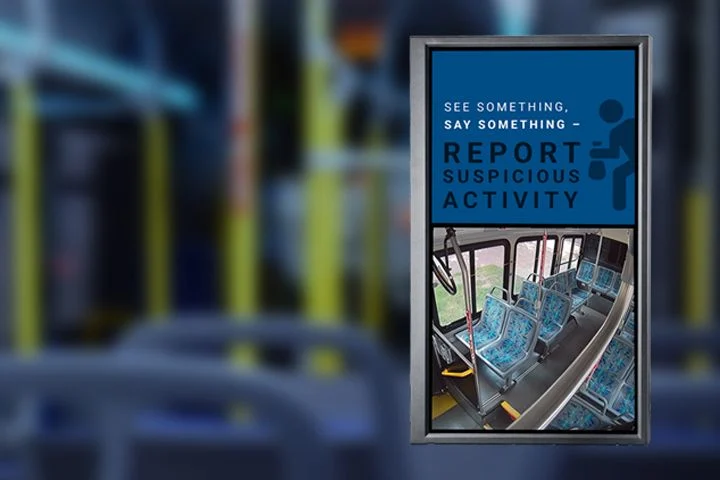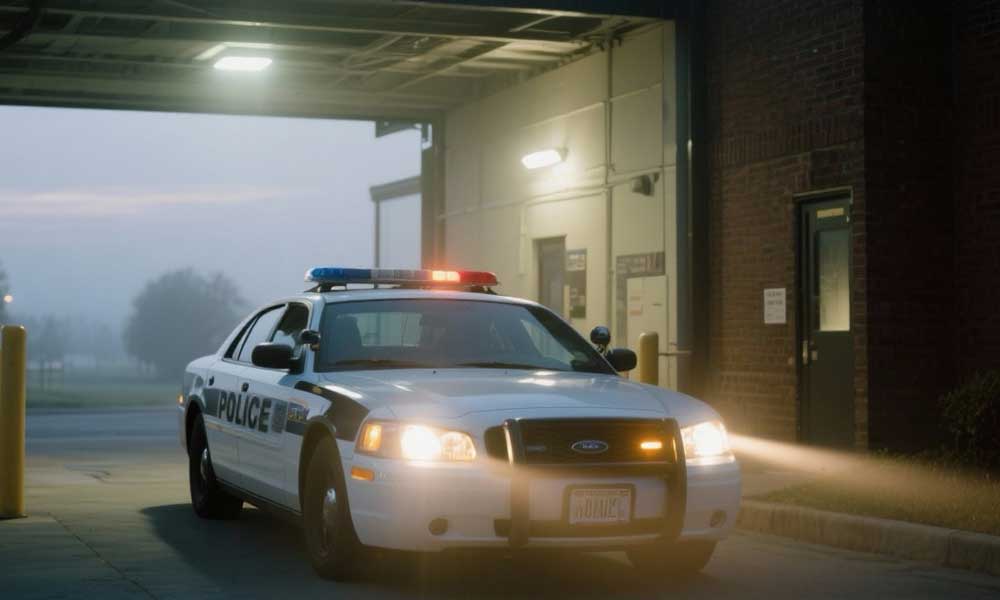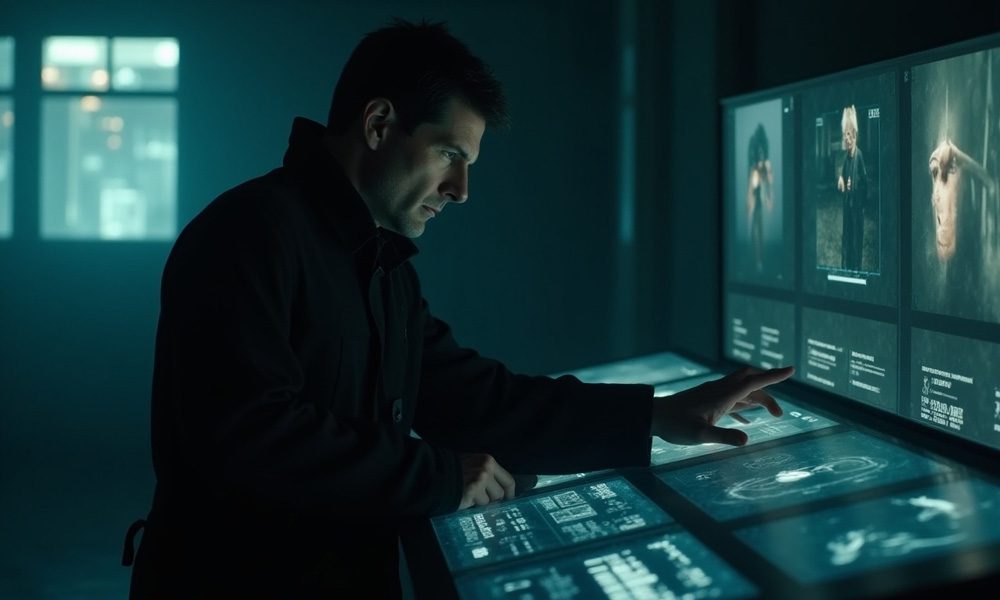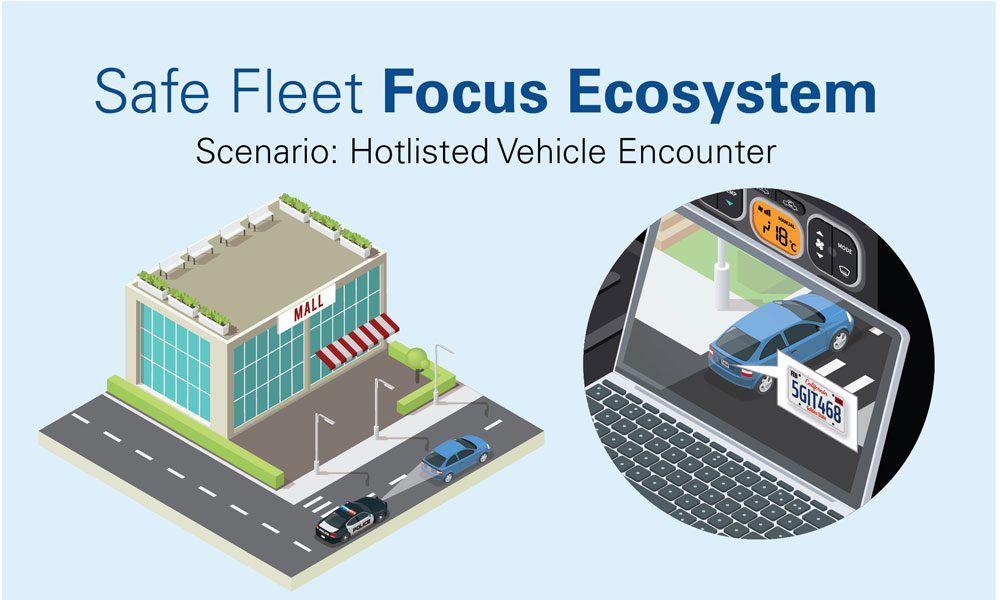3 Ways to Boost Passenger Experience and Safety with One Simple System
An Infotainment/Public Display system improves the passenger ride experience.
Improving the passenger experience is as important as providing a high-level of on-and off-vehicle safety. Both play critical roles in increasing transit ridership.
Safety and ridership go hand in-hand
The need for enhanced transit safety grows as city size and ridership increase, the costs of personal car ownership become more prohibitive, and city planners focus on keeping single occupant vehicles out of congested areas.
Passenger safety systems fall under two categories here. There are the systems that operate out of sight and aid an agency in improving operations and mitigating risk. And, there are the systems that operate in plain view of the public and do double duty to improve passenger safety and enhance the passenger experience.
There is also a need for transit agencies to adopt the digital transformation taking place in the transportation space. Ordering car shares with an app. Making efficient commuting connections with a swipe of your finger. Knowing in real-time where congestion is forming and how to avoid it. In today’s digital age, transit passengers seek the same level of refined, user-driven content on-board transit buses:
- Enhancing their experience and providing additional value during their trip.
- Helping them stay abreast of current information.
- Maximizing their time and making correct/best connections.
An easy-to-implement solution that drives value to each of the points above is an Infotainment/Public Display system.
An Infotainment/Public Display system consists of a display monitor, installed in one or more locations on the bus, and a media player, typically located alongside the bus video surveillance equipment. Monitors are available in a number of sizes and functionality options, including split screen for multiple inputs. The media player is portable and compact and displays video or images based on pre-defined campaigns, priorities, or location-based data. Content can be swapped out at a moment’s notice.
One system can:
1. Increase Passenger Awareness and Safety
Providing a live feed from all or some on-board cameras onto a public display monitor reduces instances of assault. If a person sees themselves on the monitor, they are less likely to commit a crime. On-board monitors also help passengers feel safer knowing they and their fellow passengers are being recorded.
2. Provide Your Passengers with Real-Time Updates
Transit agencies can use on-board systems to convey real-time status updates and public service announcements. Amber alerts, traffic congestion, accident details, local event, and emergency coverage help make passenger commutes more efficient and relevant. The system serves as a connection point between passengers, the transit agency and local surroundings.
3. Enable Digital Advertising
Connect your passengers to information that relates to where they are at the moment. Are they at a stop that features a taco shop? Is it lunchtime? And is it Taco Tuesday – half price tacos? Onboard advertising is remotely managed, including the updating of ad-related media files. Location-based advertising can also help an agency form mutually beneficial relationships with local business and increase revenue for the local economy.
Health and safety threats
Transit agencies need a way to communicate information to best protect their employees and passengers. Communication methods must enable quick and easy pivots as needs dictate.
The long-term value of an Infotainment System
The ability of any transit agency to communicate effectively with their passengers is directly related to its ridership health. Good communication builds trust with your customers and engages them in the mission of your business.
Increase passenger safety, the overall ride experience and grow your ridership. Contact a Safe Fleet safety expert to learn more safefleet.net/contact-us.
Daniel Pulskamp, VP, Transit Bus & Rail



